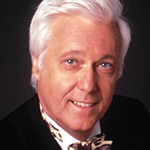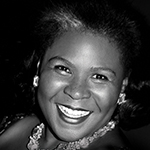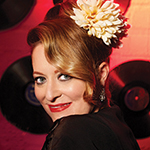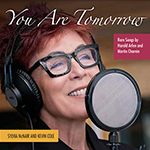Sony Holland
A Tribute to Dusty Springfield
Feinstein’s at the Nikko, San Francisco, CA, January 18, 2023
Reviewed by Steve Murray
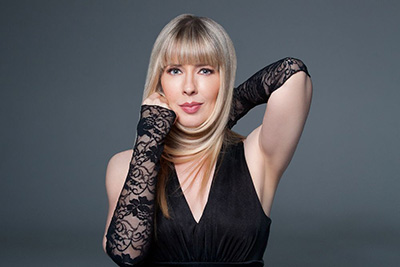
Photo: Jenn Hoffman
There were two fantastic take-aways from this sold-out show at Feinstein’s at the Nikko: the return to San Francisco of song stylist Sony Holland and her husband Jerry Holland, and her stunning tribute to Dusty Springfield, the blue-eyed soul icon who is much deserving of recognition. Like Springfield, Holland crosses genres from pop, rock, folk, and jazz; it’s a quality that works well in this show, which follows Springfield’s career from 1963 to her untimely death from cancer at the age 60.
“I Only Want to Be with You” was Springfield’s first megahit, and it introduced her big voice to the world. Holland did not attempt to mimic that voice; rather she aimed to capture the feel of each song. She has a unique vocal tone, and she pushes her notes to create her a smooth and languid style similar to that of the late Wesla Whitfield. Jerry Holland provided smart guitar accompaniment and backing vocals and was buoyed by a trio of keys, bass, and drums. The quartet provided ample volume when required. Holland can draw out the emotions on softer ballads.
Burt Bacharach and Hal David’s bossa nova-tempoed “The Look of Love” was another smash hit for Springfield, and Holland segued from it into a haunting folk cover of an old English tune, “The Water Is Wide.” Springfield’s catalog is vast, and Sony included the most popular and easily recognizable hits. She introduced each song with tidbits of its backstory about the making of the song or by quoting tributes to Springfield by her peers.
The songs “Angel of the Morning,” “You Really Got a Hold on Me,” and “To Love Somebody” brought back the era of the big Phil Spector sound and of Springfield’s remarkable vocals. The cool, jazzy “Spooky” was right in Sony’s wheelhouse, as were the Bacharach/David “I Just Don’t Know What to Do with Myself,” The Bee Gees’ “To Love Somebody,” and “How Can I Be Sure.” Holland usually doesn’t push her volume, but here it was controlled and expected and she delivered the goods.
Hit after hit just kept coming—“Son of a Preacher Man,” “Windmills of Your Mind,” and “Angels in the Morning,” all of which reminded us of the golden era in songwriting and Springfield’s prolific career. Ending the show with Van Morrison’s beautiful “Tupelo Honey” and Carole King and Gerry Goffin ’s “Goin’ Back” was an inspired choice. King gave the song to Springfield, who recorded it in 1966 when it became a huge hit. This song, which describes the loss of innocence that comes with adulthood, was played at Springfield’s memorial.
Of course, the show had to encore with Springfield’s biggest and most recognizable hit, “You Don’t Have to Say You Love Me,” a real tear-jerker and a singular encapsulation of all that she was. One of the first gay superstars, she lives on as an inspiration to female vocalists to this day. Sony Holland is back in a big way!


